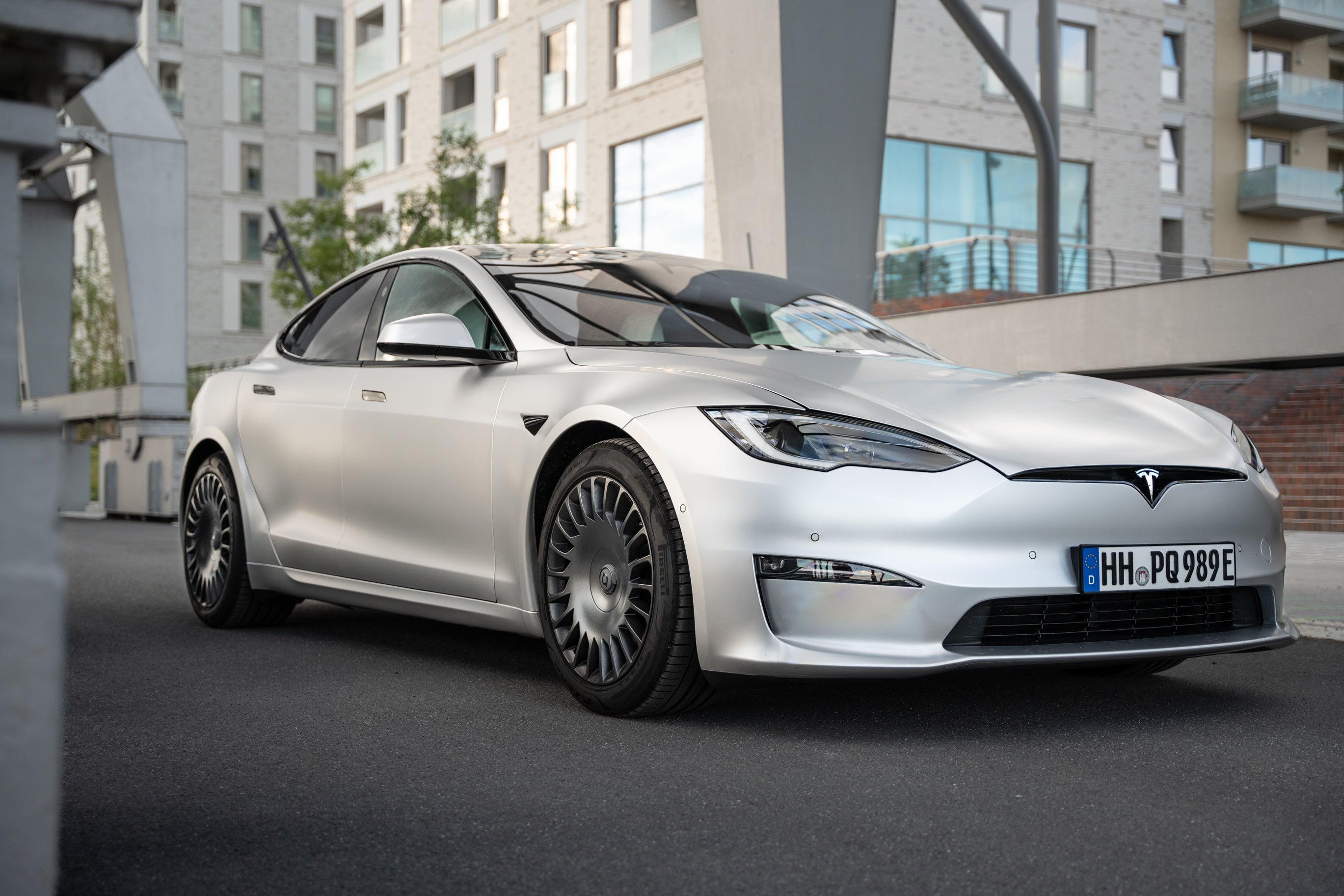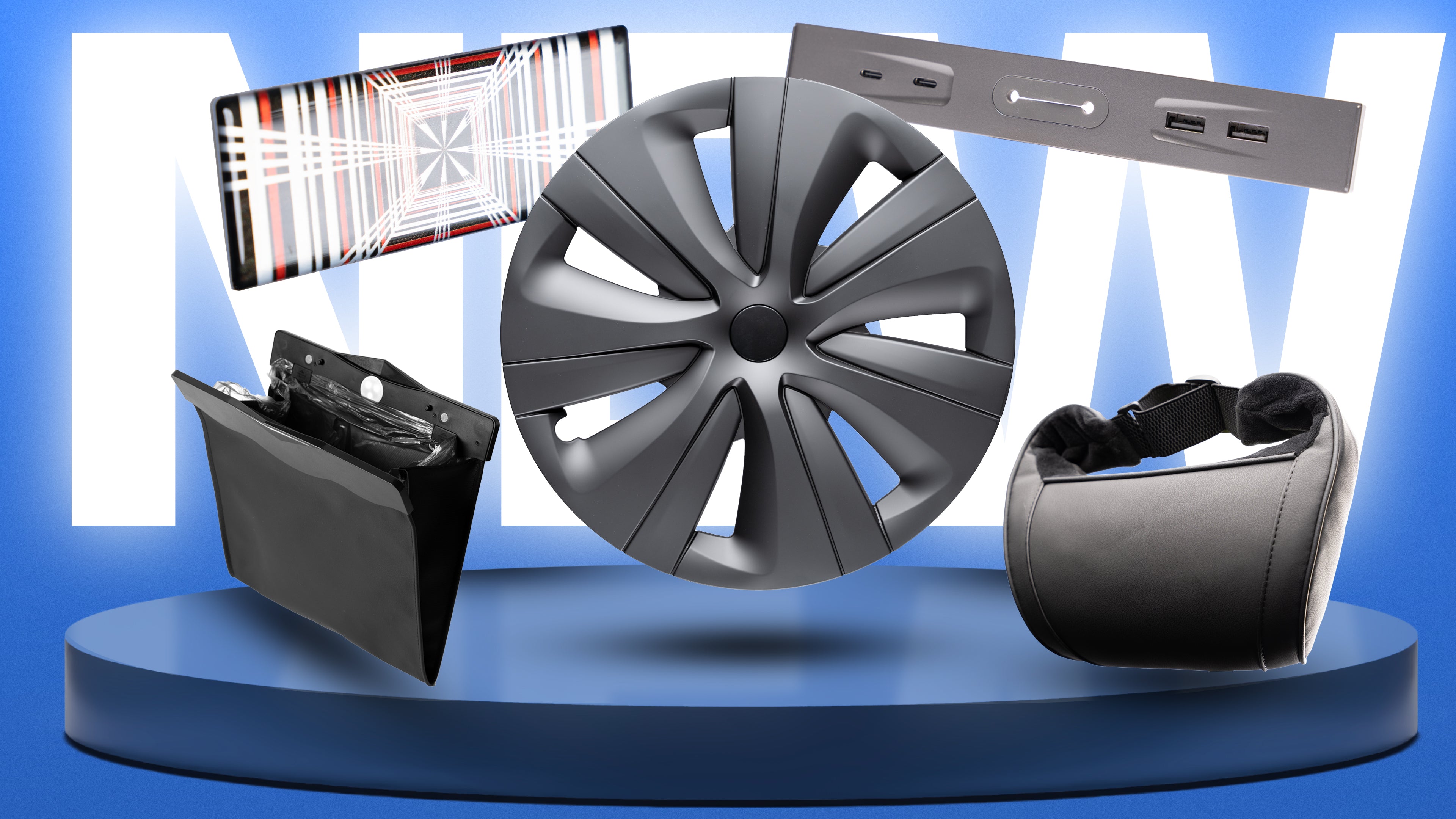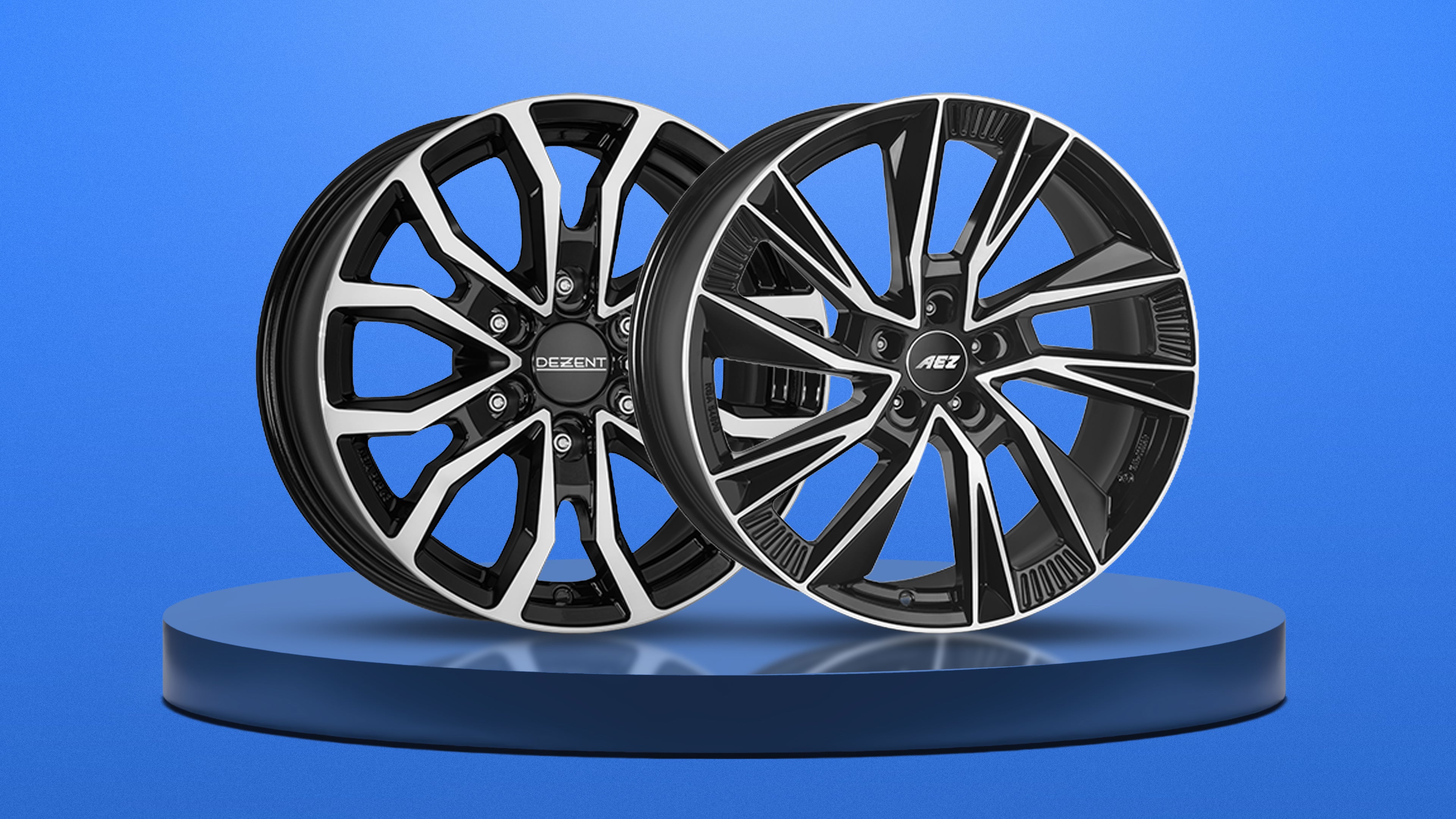Elon Musk, the charismatic CEO of Tesla, has once again catapulted himself into the limelight with his controversial political statements on social media. While he is celebrated by many as a visionary who has revolutionized the electric car industry, others are critical of his increasingly right-wing views and public appearances.
A Pew Research Center poll shows that 77 percent of Republican voters have no interest in battery-powered cars this year, up from 70 percent last year. This suggests that Musk's political positioning may not necessarily attract new customers, but could potentially even put off existing customer groups.
Analysts and market observers report that Tesla's reputation may have suffered among particularly liberal and left-leaning consumers. This group is sensitive to Musk's public statements, which are perceived as polarizing.
Another aspect being discussed is ethical concerns, particularly in relation to allegations of discrimination at Tesla's factories and the perception that Tesla allowing a platform for racist content under Musk's leadership.
Despite these challenges Tesla remains strongly supported among investors. Just recently, shareholders approved a generous compensation plan for Musk totaling 45 billion US dollars.
Nevertheless, Musk's public image and increasingly right-wing bias appears to be having a potentially negative impact on Tesla's sales figures. The company reported a 4.8 percent year-on-year decline in global sales in the second quarter, following an 8.5 percent drop in the first three months of the year.
The positioning of Elon Musk as a public figure strongly associated with the brand Tesla associated with the brand could be a double edge for the company. While he represents a strong personality that strengthens brand loyalty among some customers, he could simultaneously deter potential buyers who do not share his political views.








































